Helping families
For Parents or Caregivers of Children from Hard Places
“Children from hard places” is a phrase used by Dr. Karyn Purvis and others in the field of child welfare to describe children who have experienced a difficult early upbringing. Kids who have experienced hard things – abuse, neglect, foster care, difficult pregnancy, etc. – can be difficult to parent. What may seem to be out of control and scary behaviors, is actually coming from a place of survival and unmet needs. When trauma occurs early in life, children do not develop the capacity to regulate their experience…to calm themselves down when they’re upset, to soothe themselves, to interact in appropriate ways with other people, to learn from their behavior.
When parents don’t have an understanding of the effects of childhood trauma, they may misinterpret their child’s behavior and end up angry and scared. Their attempts to manage and control the behaviors may be ineffective, or even harmful. Trauma that remains unaddressed can impact the long-term physical and mental health of a child. A parent may begin to feel isolated, as if no one understands what they are going through. This can put a strain on the whole family unit.
A great resource to understand the concepts and questions that many have, is called The Long Shadow by Dr Bruce Perry. This Q&A article is a great starting point to begin learning about trauma from one of the pioneers in the field of early childhood trauma. https://www.thesunmagazine.org/issues/491/the-long-shadow
TLC is dedicated to helping parents understand how trauma changes the architecture of the child’s brain and how this manifests. By understanding the science behind the brain and trauma, we hope parents and caregivers can better relate to their child and understand their behaviors. TLC hopes to provide you with the latest resources, education and evidence-based studies on being a trauma-informed parent.

